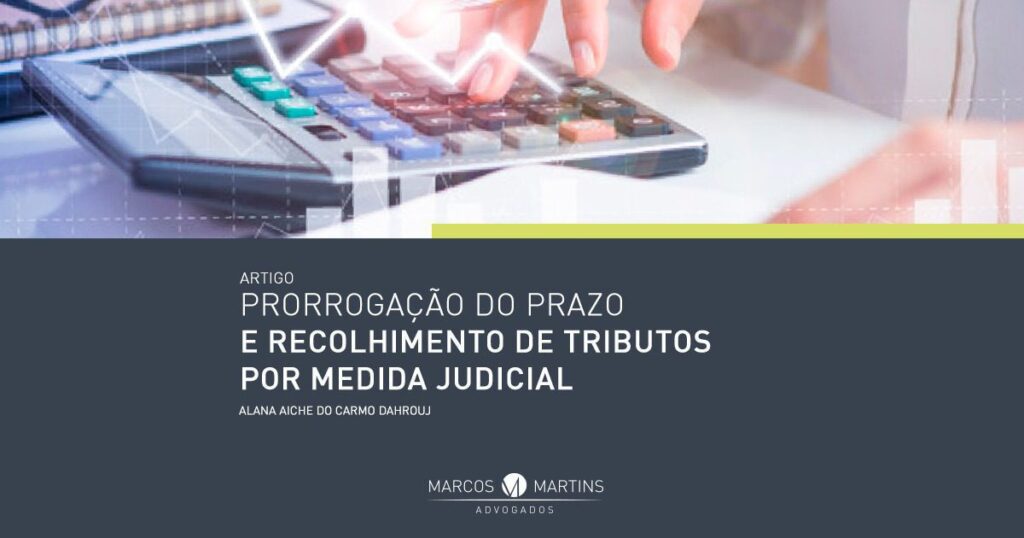Alana Aiche do Carmo Dahrouj
Lawyer at Marcos Martins Advogados
With the effects caused by the coronavirus pandemic and in the absence of sufficient measures to mitigate the negative effects of the crisis, the use of legal measures has become an efficient alternative for companies to increase their cash flow.
In order for us to articulate the best strategic measures to combat the impacts caused by the coronavirus pandemic, we must first understand the importance of paying taxes to the public coffers.
As we know, the state needs the means to maintain its activities and provide essential public services, such as health, education and security. One of the ways of guaranteeing the provision of these services is the collection of taxes, which guarantees the functioning of the public machine.
At the moment, there has been a lot of discussion about possible measures to contain the negative effects experienced by companies, with the aim of preserving jobs, fulfilling obligations to suppliers and paying the payroll in order to preserve business activity.
Thus, much has been said about the possibility of suspending/extending tax payments as a strategy to mitigate the effects of the crisis, guaranteeing the use of these amounts in other more “important” areas at this time.
At the federal level, as a package to combat the effects of the coronavirus, there has already been an extension of the deadline for paying PIS, COFINS, FGTS and the Employer’s Social Security Contribution, as well as the release of credit lines with special conditions to meet the needs of each company.
As the federal measures are self-applicable, they have already been in force since their publication.
However, in the state of São Paulo, despite some announcements, so far there is nothing concrete regarding the collection of ICMS, and it is certain that this measure would be extremely beneficial.
Therefore, given the delay by the State of São Paulo in implementing measures similar to those adopted by the Federal Government, guaranteeing the means for companies to overcome this moment, the courts are an excellent alternative, especially considering that the National Council for Finance Policy (CONFAZ) has already authorized states to extend the deadlines for payment of ICMS when a public calamity is declared.
It’s important to note that this measure wouldn’t cause much damage to the state of São Paulo, as it applied to the Federal Supreme Court (STF) for an emergency measure to stop paying the installments of the state’s debt to the federal government due in March and the following months, which was granted by Justice Alexandre de Moraes.
It can be seen that, despite the right steps taken by the government with regard to suspending the due date for certain taxes and making credit lines available, a lot is still expected from the Brazilian Federal Revenue Service, but especially from the state of São Paulo, which still needs to come up with more efficient measures to mitigate the effects of the crisis.
If this stance persists, it is up to taxpayers to take legal action to enforce their rights and thus obtain an extension of the ICMS due dates and other measures they deem necessary.
[rock-convert-pdf id=”14260″]








